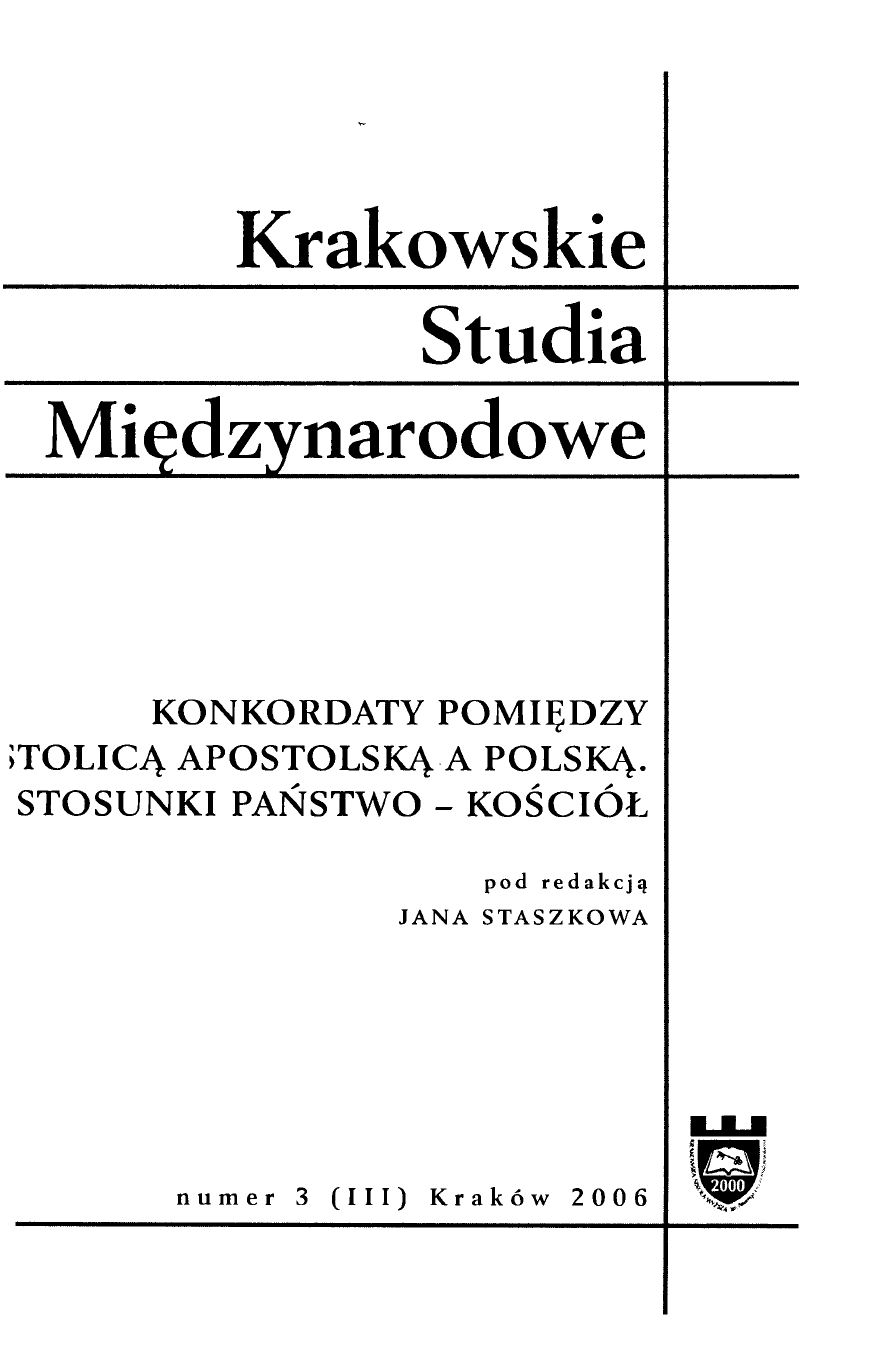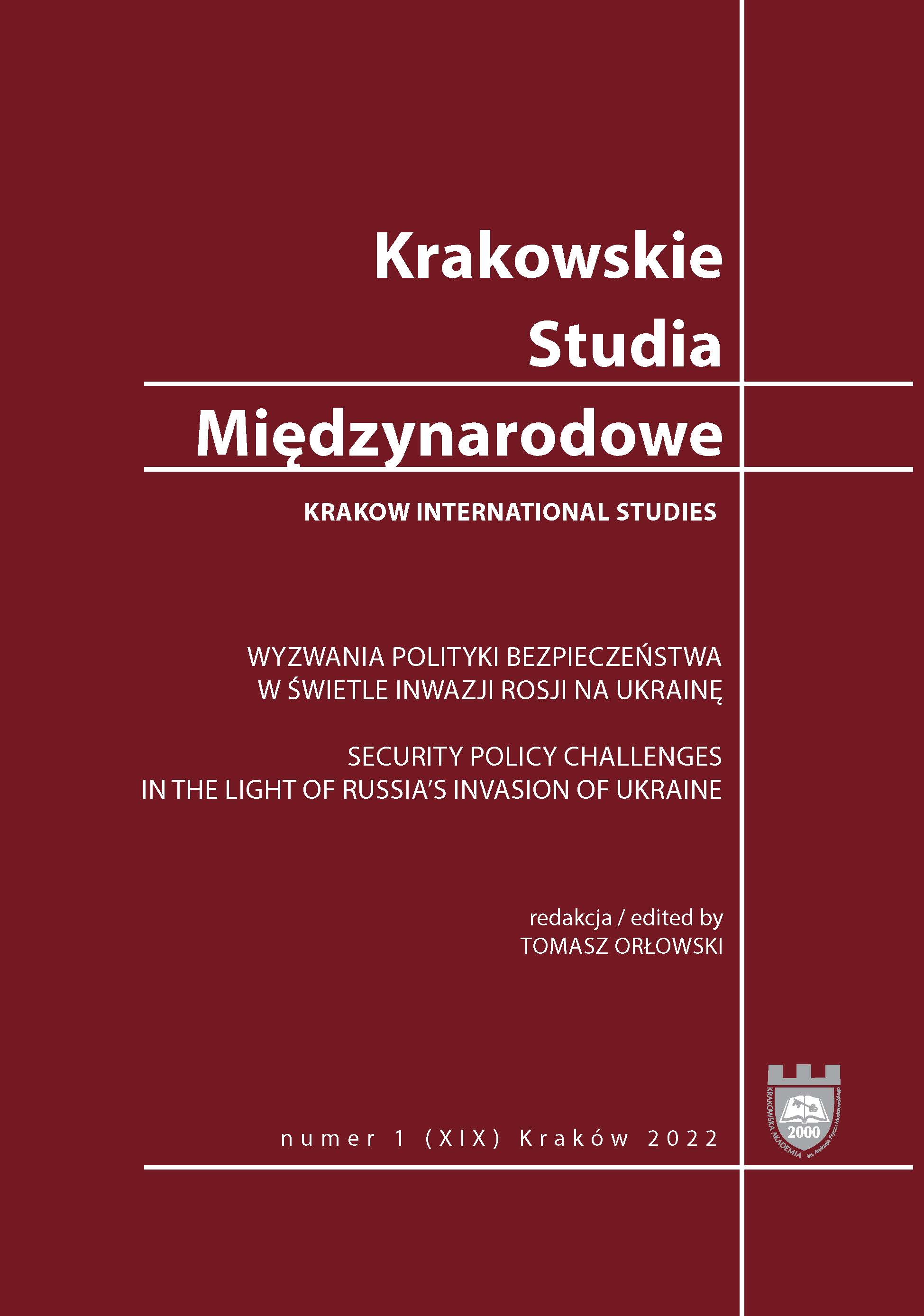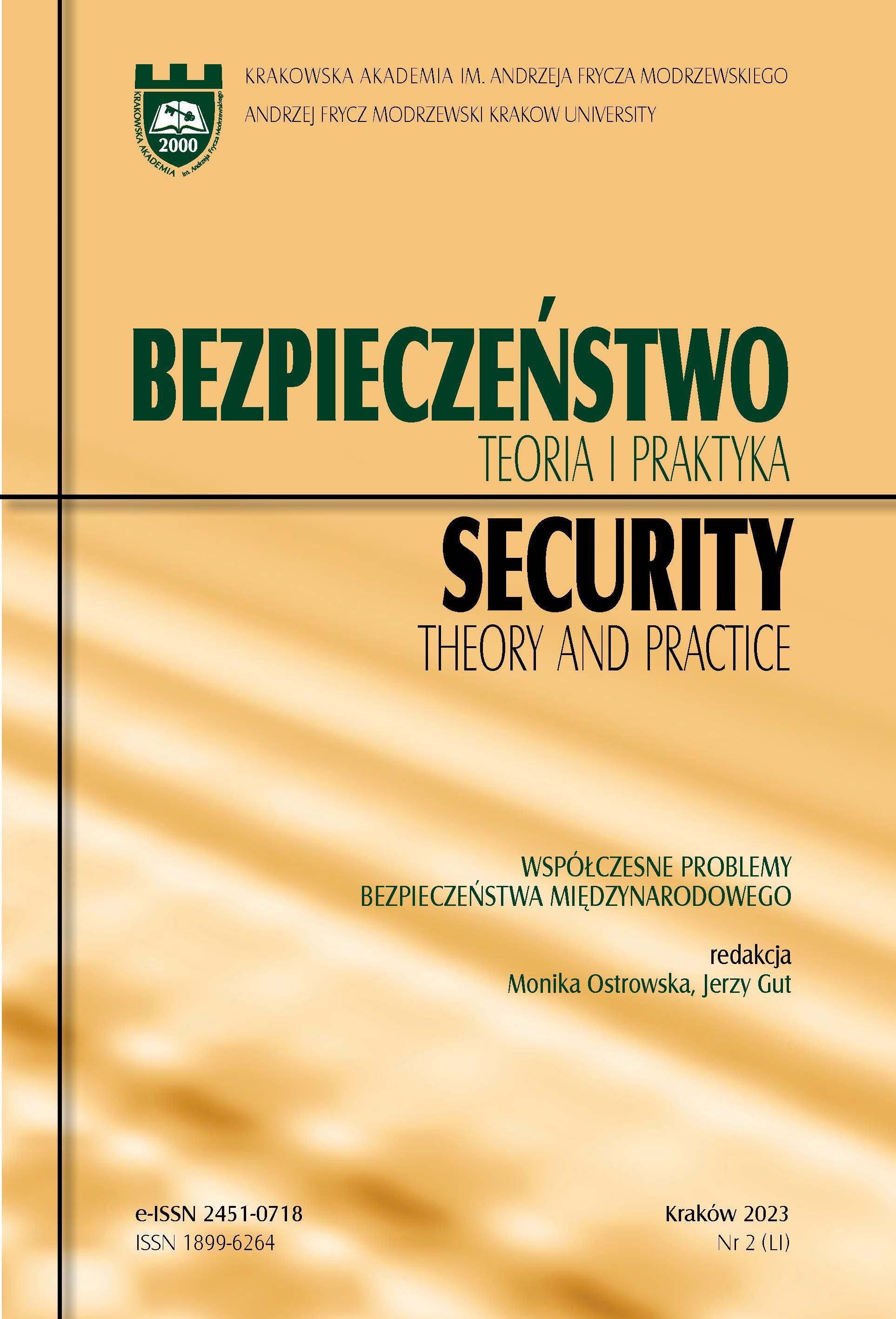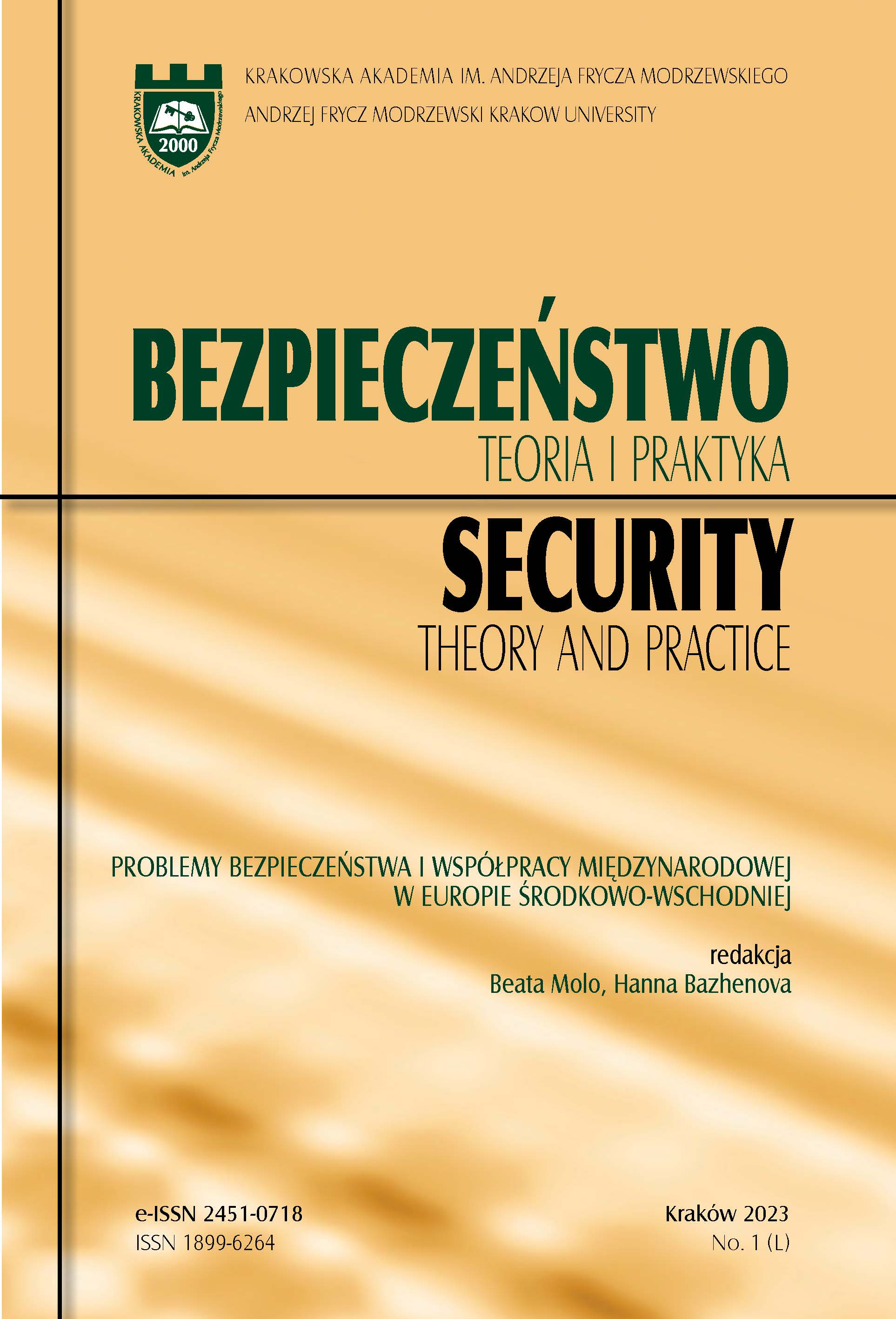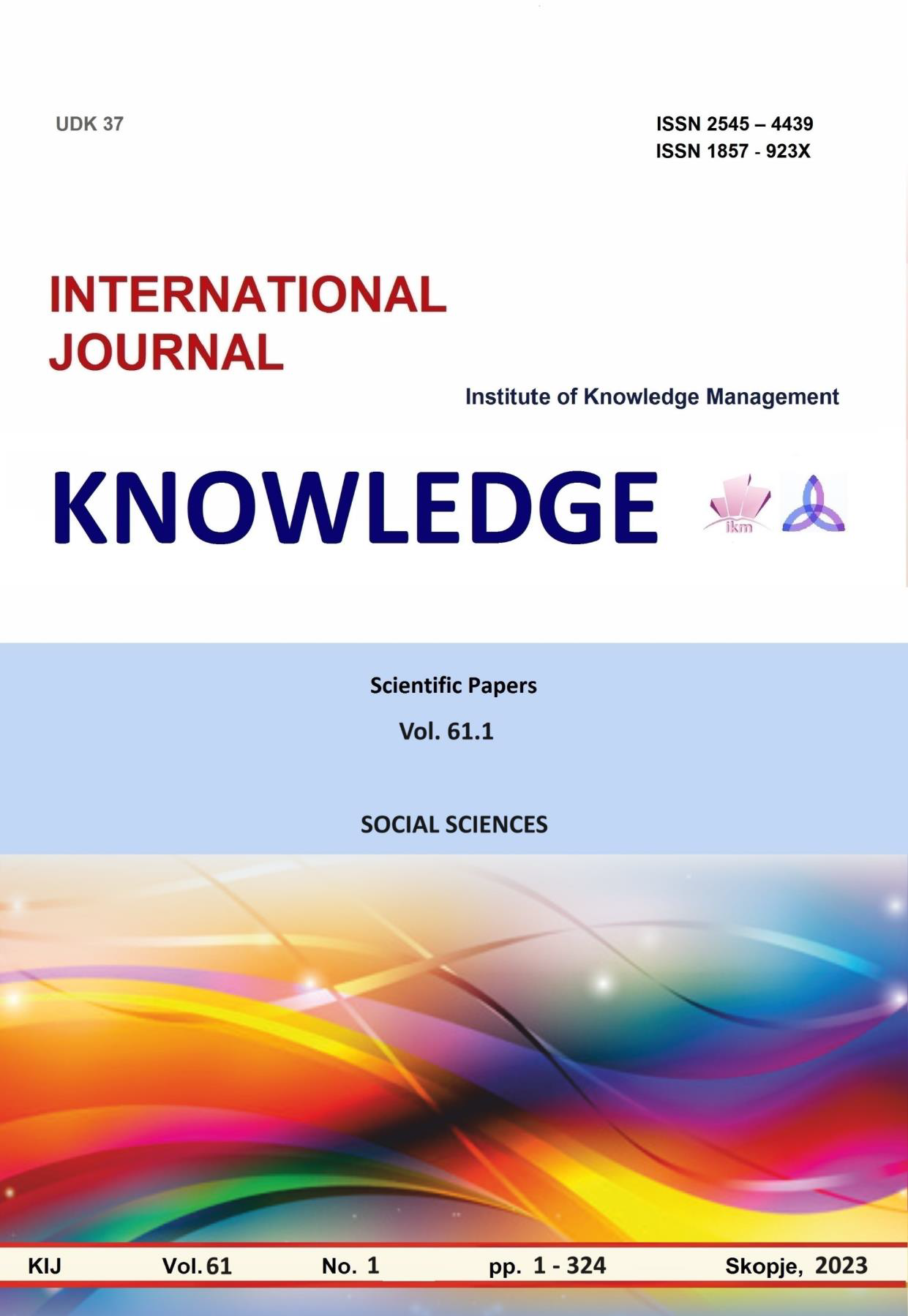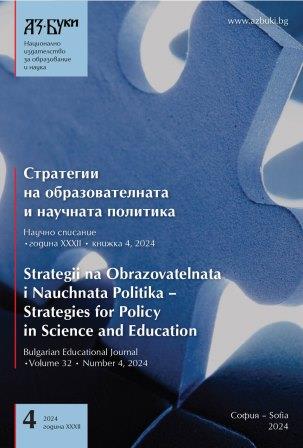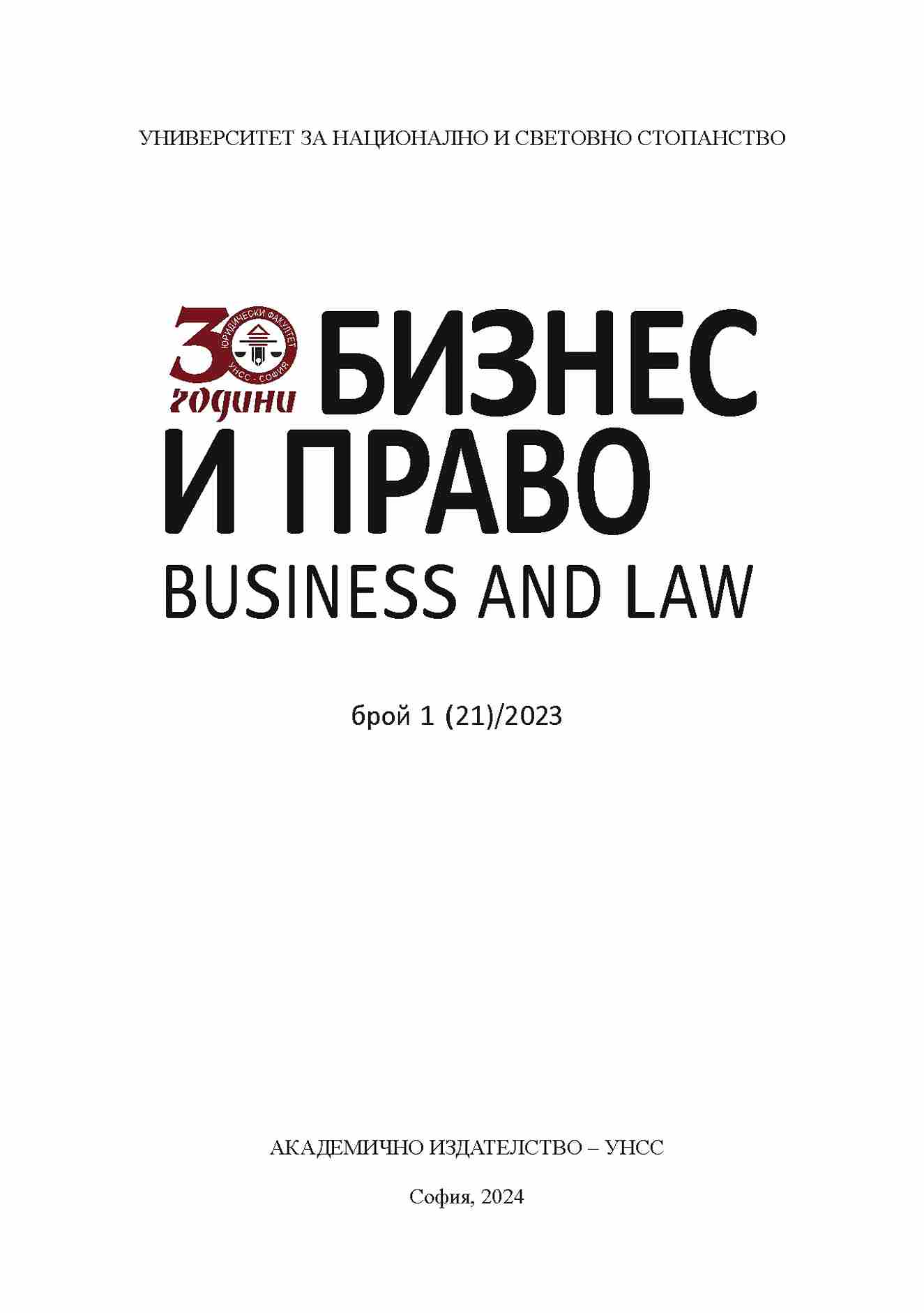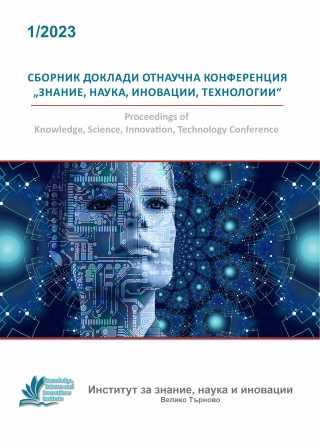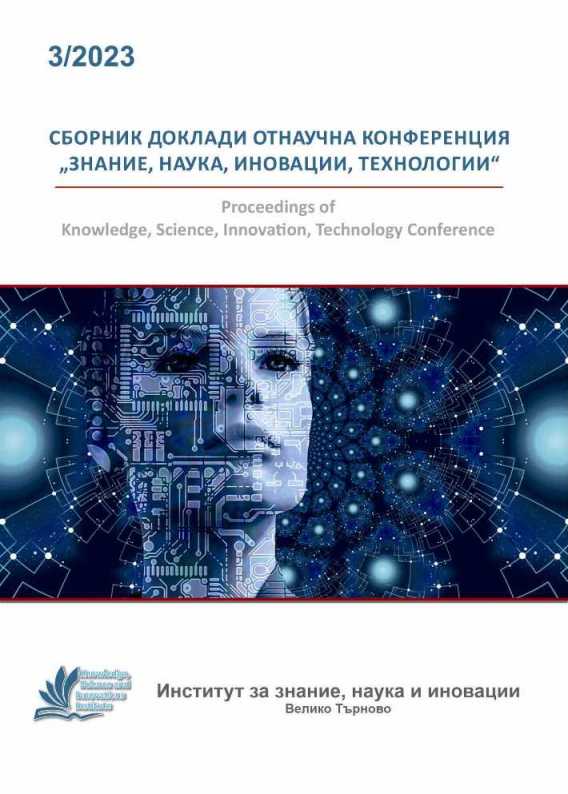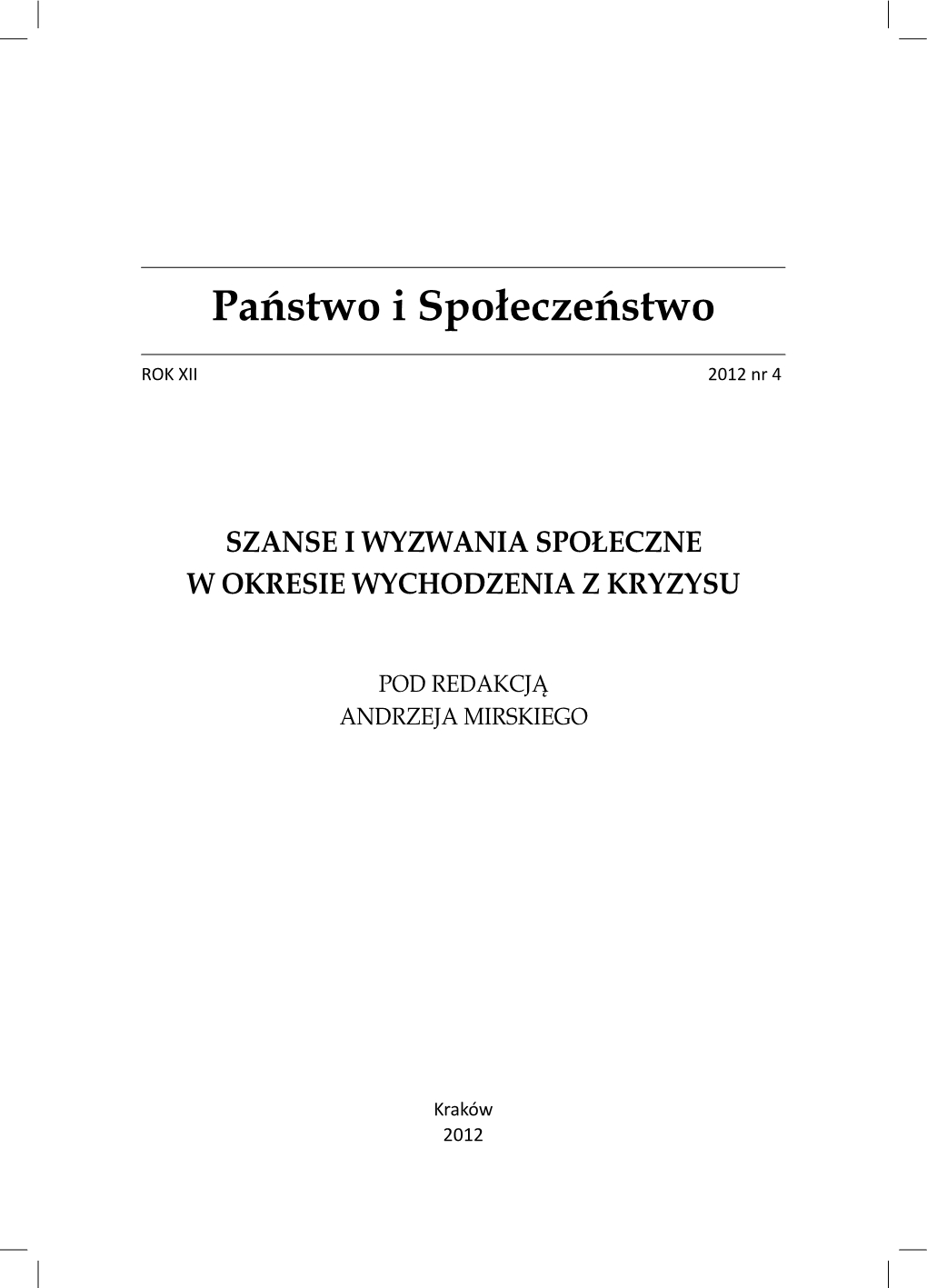
Zadania samorządu terytorialnego wobec kryzysu w rodzinie
The need to support the family by the state is considered as one of the fundamental principles, both by international standards, as well as national regulations. Article refers here both on the European Social Charter and the Constitution of the Republic of Poland, which occupies a prominent place art. 18 which states that the family is under the protection and care of the Polish Republic. In this article the author discusses the tasks of local government units and its administration in cases of family emergencies, administrative aspects of the position control, basically the limits set by the rules of bodily material and formal administrative law. The purpose of these tasks indicates that they are undertaken primarily in order to allow families to overcome difficult situations arising or resulting from the crisis in the family. Mark also be that these tasks are undertaken when the family alone, without the support given to her not being able to restore indicated above intrafamilial stability and balance. These tasks are undertaken within the social assistance as an instrument of social policy. Among the possible solutions I found it useful overview of the tasks to be performed legally entrusted to municipalities, counties and local government voivodship. This choice is justified by the position, which in the exercise of public functions account for local self-government. Applies here, the constitutional principle of the presumption set of tasks and responsibilities of local government. Local government shall perform all public functions except those that have not been reserved by the Constitution or statutes to the organs of other public authorities. scope of the discussion has been limited to discussion of local government tasks undertaken in a crisis of relations and relations between parents and child. These tasks primarily linked with, that in emergency situations to help ensure proper care of the family and children. However, the State had expressed in these cases, especially in the judicial function of the courts in family matters and juvenile justice, law enforcement bodies actions and judicial probation service. The activities carried out in the field of institutional support can be analyzed from different points of view. The items made here considerations, it seems reasonable to draw attention to three issues, namely: the nature and type of tasks assigned to local governments, form and operation of these units and their organizations and procedure.
More...
